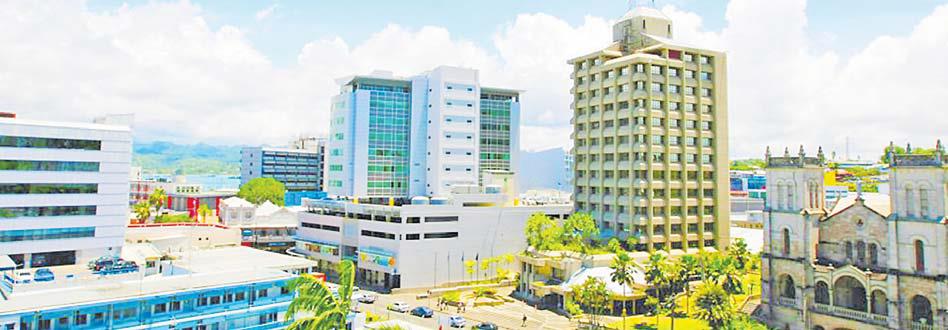The Reserve Bank of Fiji (RBF) has launched a newly upgraded Real Time Gross Settlement (RTGS) System on Monday, marking an important milestone in modernising Fiji’s payment system.
The RTGS system is the first of the two major components being introduced as part of the automated transfer system (ATS): an important payments infrastructure which constitutes the largest single investment made by the RBF.
It is an upgrade to the existing RTGS system, known as FIJICLEAR, which has been in operation since 2007 and is designed to support time-critical, large value payments between customers of commercial banks in Fiji.
The system will now form the rails for channelling approximately $180 billion worth of transactions annually.
During the launch RBF governor Ariff Ali stated that “for increased efficiency in payments and settlement and the growing prominence in digital financial technology, this improved infrastructure would lay an enabling platform for increased innovation and volumes of digital payments”.
The upgraded RTGS system will enable banks that support straight-through-processing over their specific payment channels end-to-end electronic transfers without manual intervention thus providing a faster and efficient way of making interbank payments.
According to Mr Ali RBF will continue to engage with the industry in the upcoming months for the introduction of the retail payments functionality of the ATS, which is expected to bring further enhancement to Fiji’s payment system.




